Service Over Self: A Veteran Trailblazer Paves the Way
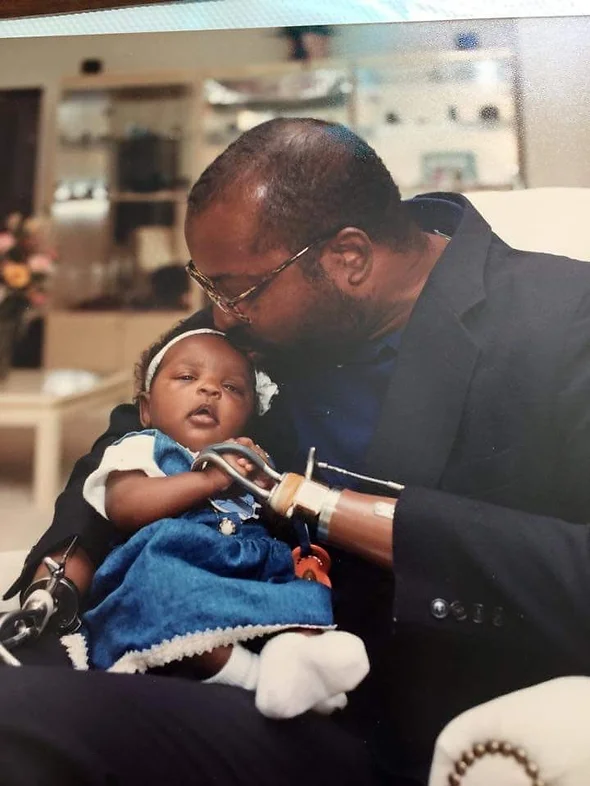
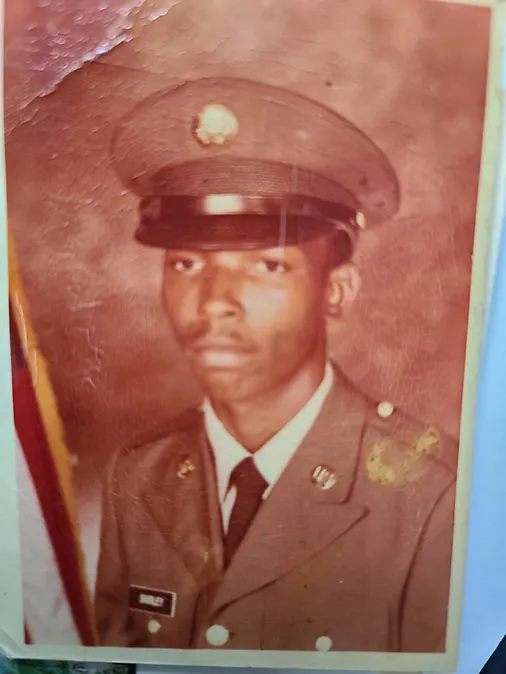
On August 23, 1977, Sergeant Jensen Shirley was performing his military duties as instructed and required when the unthinkable happened.
An explosive device detonated prematurely, blowing up in his hands. Jensen was severely injured, losing both forearms, a lung, vision in one eye, and multiple other internal and external injuries. He was 21 years old.
When he awoke after the injury, only one thing was on his mind. Service.
Jensen Shirley grew up understanding the importance of serving, coming from a family with a strong military background. The son of a veteran and nephew to five WWII servicemen, he had long envisioned a future in the Army, even before his high school graduation.
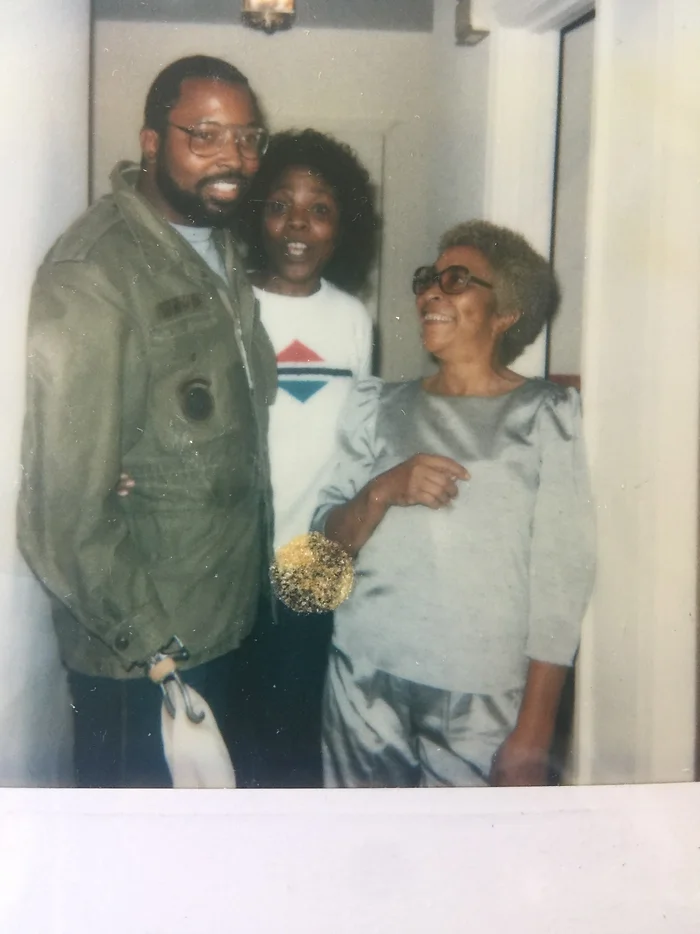
“All of my uncles were drafted into the war, and you have to remember, there was segregation in the service at that time. The impact of fighting for freedom overseas despite how they were treated at home really hit me.
“I heard these hard, debilitating, heartfelt stories growing up, which had a profound impact on me,” Jensen continued.
In 1973, with the Vietnam War still ongoing, Jensen felt compelled to join the military despite the imminent danger. “My father told me I might end up in Vietnam, and I replied, ‘You all served and sacrificed; now it’s our time to serve and sacrifice,’” Jensen recalls.
For Jensen, the call to serve transcended political debates about the war; it was a matter of duty.
After completing Basic and Advanced Infantry Training, Jensen excelled at the Jungle Operations Training Center, preparing for deployment to Panama with the 9th Infantry Division.
“When I entered the military, I was free,” he told us. “Free to be me and serve, free to transition from a young man to a soldier.”
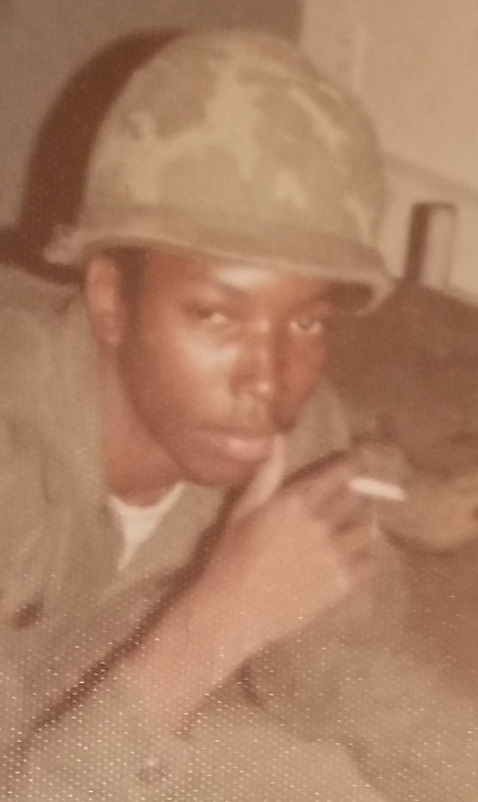
Jensen loved serving with this unit and was proud to be an infantryman. He had a strong team with an aspirational first sergeant, and the experience was all that he hoped it could be.
Upon returning, he became a Combat Weapons Instructor on Bastogne Range at Ft. Jackson, SC. It was here that Jensen’s life took a dramatic turn and his catastrophic injury changed the course of his life forever.
“At one point, I was laying in the hospital bed with my arms and eye bandaged when I smelled smoke,” Jensen recalled. “I couldn’t pick up the call button, so I was trying to hit it with my head to alert the nurses and medical staff.
“A big, black figure filled the doorway, smoking a cigar. It was my first sergeant from Panama.”
As Jensen would discover, his friend and former leader had throat cancer and was receiving treatment at the same hospital. He kept repeating over and over again, “You have to survive – through all of it.”
And that’s exactly what Jensen was doing.
“When you’re a soldier, the only thing you have to do is keep living. Serve until the service is done,” he said.
Despite the severity of his injuries, Jensen was determined to heal, rehabilitate, and continue his service. After he recovered enough to be released, he went in front of the Physical Evaluation Board. Jensen pleaded to stay in the military, but his injuries were deemed too severe.
“They put a form in front of me to sign and medically retire from the military, and it was devastating,” Jensen shared. “I couldn’t even sign the form, they had to do it for me. And that was it.”
Jensen’s military career was over. But his life wasn’t, and he clung to that fact with all of his being.
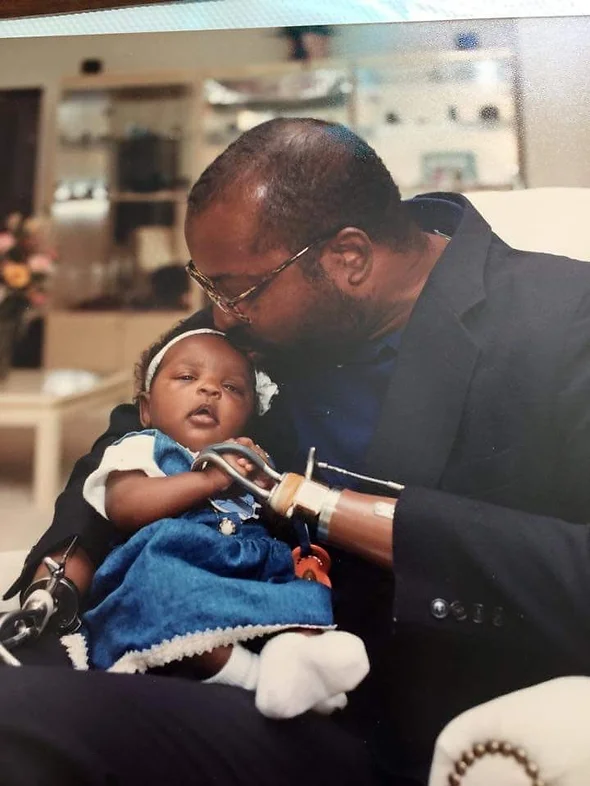
Jensen was referred to the Disabled American Veterans (DAV) organization where he met two men, Mike Bargmann and Tony Baskerville, both distinguished Vietnam veterans.
“First, I didn’t understand what was going to happen in my future. I was desperate, physically in pain, and suicidal. All I had was my father and sisters (I thought at the time). Then along came these two men in my life.
“They said, ‘Jensen, you are not alone because you got us.’ Then they drilled into me to live for today, and reach out to your family members. I resisted until they said, ‘Jensen that’s what they are there for.’
“Second, they drafted me into the service of the DAV, as I like to say. They asked me to meet this group of young men on Georgia Ave. in Washington, D.C. But they refused to tell me who, what, when, where, and how. And I couldn’t drive anymore, so my father took me there where they held meetings. At first, I felt so uneasy, but my father kept reminding me, ‘You serve until your service is done.’
“Inside the meeting was a group of men slightly older than me, some in their 30s and all Vietnam veterans. Some of you may not be old enough to remember, but back in the day, Vietnam veterans returned home from the war with no support like it is now, no benefits, no mental health assistance, and nowhere to commiserate, talk, cry, be consoled and get things off their chest.
“When it was my turn to share with the group, I told them my story. How could I stand among giants of men like these, I thought, like my brother-in-law and many cousins all of who served in Vietnam and the surrounding countries like Thailand? I did not. One of my cousins, named Spencer, was severely injured after hitting a roadside bomb while driving in his APC in Vietnam.
“I say all that to tell you that it became one of the best times in my life. I remember being chastised by an old veteran in the group because I felt out of place and unsure of myself since I was not a combat veteran. He said, ‘Shirley, shut the hell up. Of course you belong, you are as messed up as the rest of us,’ and everybody laughed so hard. Only soldiers can talk to another soldier like that. At that moment, I knew what Mike and Tony were doing. They were showing me a way forward. And I owe them so much for giving me my new future.”
Jensen transitioned out of the military with the added challenge of doing so as a veteran with a life-changing injury. But because of a group of people who helped remind him of his sense of community, he saw a future in front of him that was bigger than any injury.
He decided to serve veterans as a clinical counselor, embarking on a new journey in higher education. Despite the challenges of navigating college in the 1970s with major limitations, Jensen persevered.
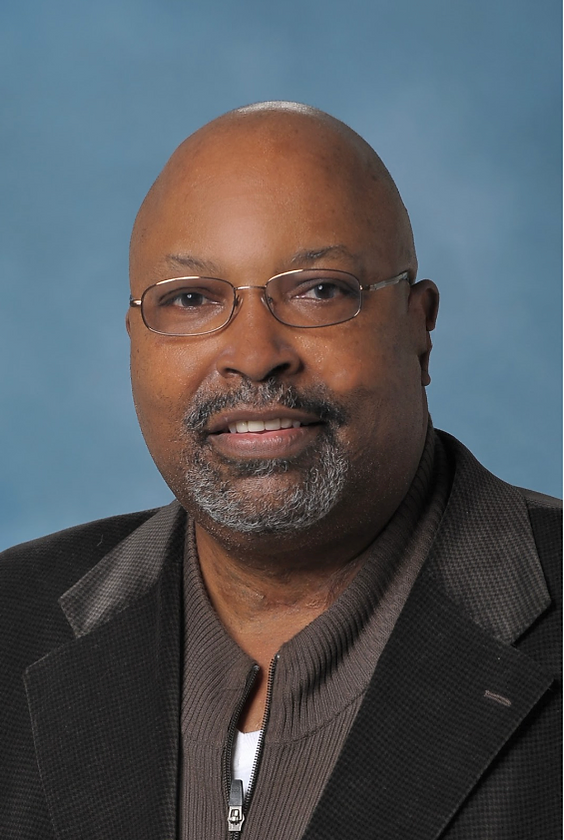
With the help of an incredible mentor and friend who assisted him in overcoming many hurdles, Jensen completed his education and earned multiple degrees, including a doctorate.
From Sergeant Shirley to Dr. Jensen Shirley, his journey is a testament to resilience and dedication.
“I look at all I’ve accomplished and think, ‘That’s pretty good.’ And I’ve done it with no hands,” he said with a laugh.
“Ever since then, I have volunteered my services by giving my time in support of veteran organizations. At one time, I became President of Service Disabled Veteran Owned Businesses (SDVOB) in San Diego, which is a veteran-owned organization focusing on veterans. We worked with veterans in business, veterans who needed furniture, homeless veterans, and more.
“I also went back to school in order to become a mental health therapist, specializing in military family services and supporting people in the community, even after receiving my doctorate. Why? Because like my father said, ‘We serve until our service is done.’”
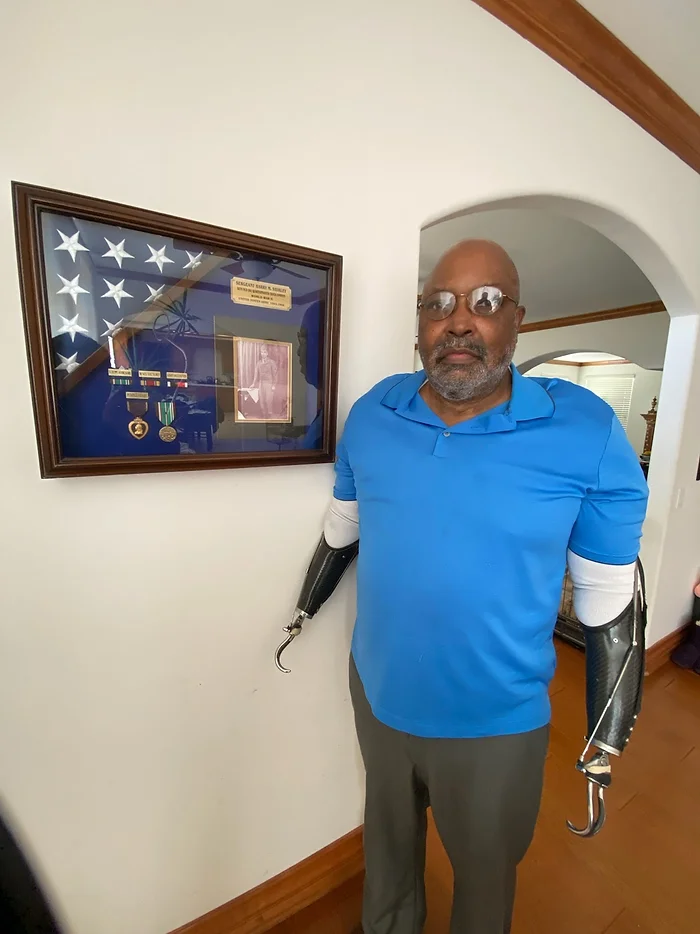
Jensen wanted others to know that he discovered his path forward during those dark times by learning how to live that day. There is a bright tomorrow, but you have to seek it. Your life is not done. Your life is not over.
“I want people to give to those veterans who have given so much to all of us,” Jensen explained.
“Do what is in your heart to give and nothing more. The little that you give is more than enough, because it just may be enough to place that veteran on a journey and promising future,” he continued.
Transitioning from military service to civilian life can be one of the most challenging phases for veterans. The sense of camaraderie and purpose found in military life can be difficult to replace. For Jensen, finding a tribe and a sense of community was crucial. His connection with fellow veterans like Mike Bargmann and Tony Baskerville and the support from organizations like DAV provided him with the strength and encouragement he needed to continue his mission of service.
Jensen’s dedication did not end with his military service. Through his work as a clinical counselor and his volunteer efforts with fellow veterans, he has made an indelible impact on countless lives. His story reminds us that true service transcends the battlefield; it is a lifelong commitment to lifting others up, even when our own burdens feel insurmountable.
In Jensen’s own words, “Life is not about what happens to you; it is about what you do for others when it happens. My call has been to serve God, country, and others. Now, my call is to serve until the service is done.”
Become a member of Mission Roll Call today and be a part of our community dedicated to supporting veterans and their families. Visit our website for essential transition resources, connect with fellow veterans, and find the support you need to navigate life after military service.